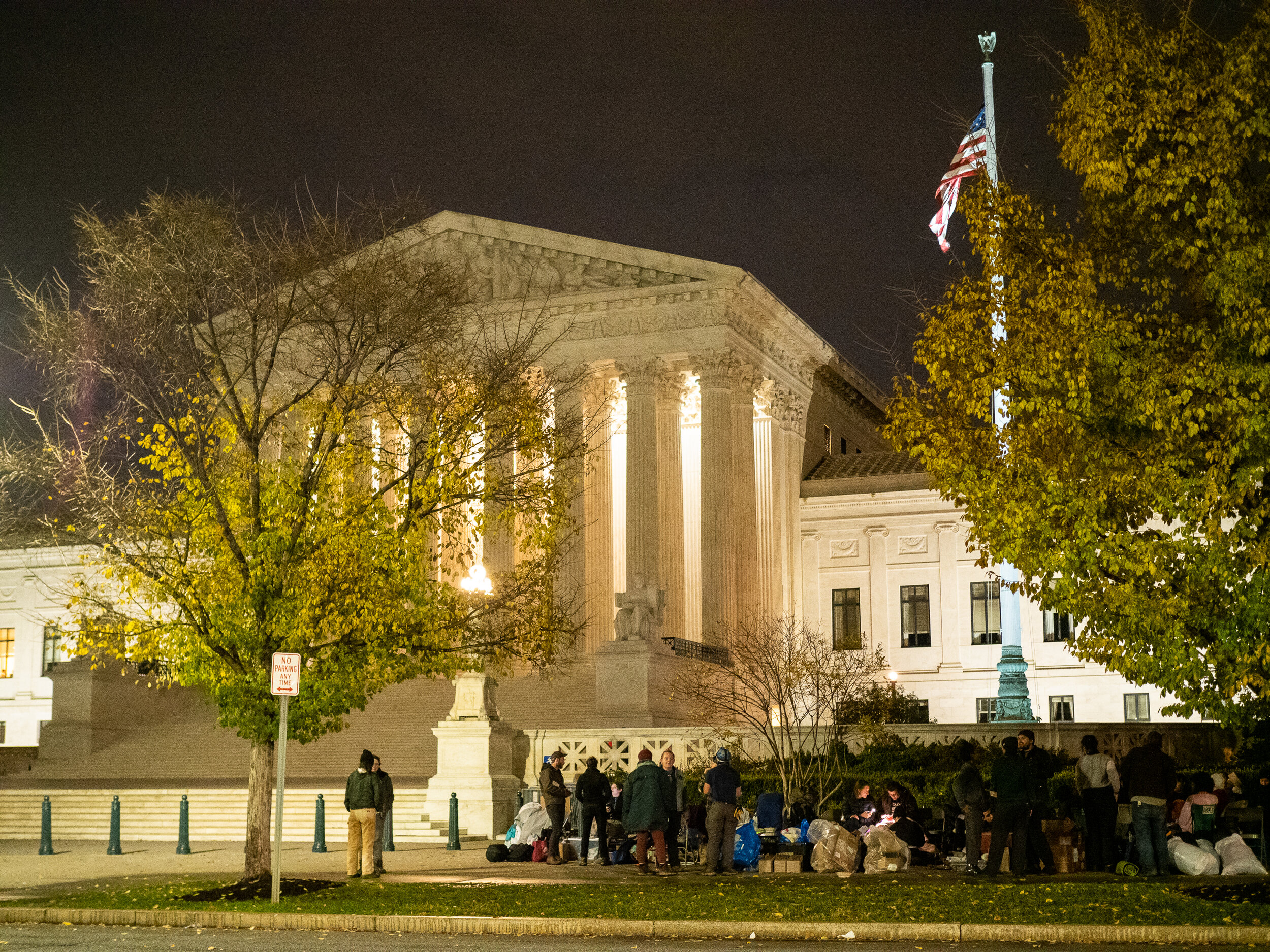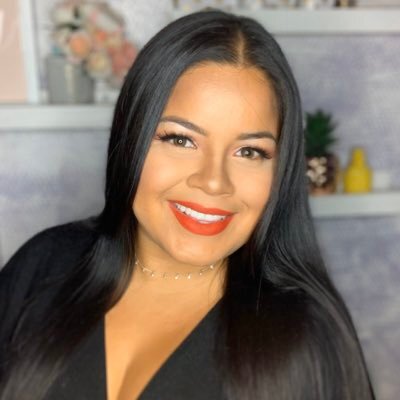My DACA Life
Editor’s Note:
The federal Immigration and Customs Enforcement Agency recently said it would probably begin deporting undocumented youth registered in the Deferred Action for Childhood Arrivals program (known as DACA) if the US Supreme Court ruled in favor of a government initiative to suspend the protective order authored by former President Barak Obama. This threat raises the stakes for thousands of undocumented youth in the United States. That risk and uncertainity is illustrated in this personal story, by Maria Luisa Imbachí.
For a young award-winning journalist, DACA has two faces: One is hope for a generation of young Latinos. The other is a dark symbol of uncertainty.
By María Luisa Imbachí
Thousands of DACA recipients known as “dreamers,” defenders of the undocumented and allied protesters gathered last month in front of the Supreme Court in Washington, D.C., and in other major U.S. cities to demand that justices uphold the Deferred Action for Childhood Arrivals program, or DACA.
The dreamers want their migratory status resolved permanently, as only current DACA recipients whose protected status expires at the end of 2020 can apply to renew their legal status.
While the High Court debates our future, I must point out that I am one of some 700,000 young DACA recipients. But I am a dreamer who cannot sit still. Through Journalism, and in spite of the fears and uncertainty that is a dreamer’s reality, I will continue to do what I’ve been trained to do: document our stories in this country.
The rallies in Washington and the debate before the Supreme Court, remind me of the obstacles I overcame to reach this last phase of my life as a university student, and to be within sight of my degree.
A country of opportunity?
Like the majority of immigrants in this country, my parents came to build a better life, and to find prosperity for our family. Life shined so gloriously that I couldn’t but believe that I would achieve the American Dream.
The reality was different: eight years later, when I faced the college admissions process, I realized that because I was undocumented, I could not apply for financial aid, and much less rely on traditional lenders to finance my education. After so many hard years of preparation to get to college, I felt the colossal effort had been in vain.
I was used to living in the shadows, and to telling my story quietly, cautiously. I was afraid to ask for help, or to explore my options. My mother had always told us, “Trust no one.”
Out from the shadows
The last four years have been the longest of my life; I have worked multiple jobs as waitress, bartender, nanny, receptionist -- any and all jobs I could find. Sometimes, the hours were so long, I would go from one job to the next without eating, or stopping by my house to change. There was no time. I threw myself into each job as if the hours worked were of utmost value for my survival.
There were many times when I wanted to give up, but I knew that each effort I made would somehow lead to something good. To undocumented young people like me, for whom opportunities are scarce, to dream was the one thing that came easily, and free. Meanwhile I worked to help my family, so that we would lack for nothing. The money was barely enough, but we were together and we had our health. We understood that everything in life, including my legal status, was temporary.
DACA to the rescue
DACA could not have come at a better time. The government of Barack Obama offered us a temporary protected status against deportation. There was speculation that the offer could become a double-edge sword, and that the government would gain access to the information of many undocumented immigrants. But I didn’t see it that way; I took a chance, and took advantage of that promising offer that would give me a social security number, and allow me to apply to better jobs. It was a big step for me to know that I could apply, and that the chances of being accepted were high.
When we were children, my sister would make fun of my penchant for keeping everything. Literally, everything. In this case, that “defect” would become invaluable as the DACA application required exhaustive proof of my years of residency in the United States.
When I got my social security number, I started to work in retail stores, moving up until I found a good job as an administrative assistant in a digital marketing firm. I would check my email constantly to see if I had won any of the scholarships I had applied for: I believed education was the one crucial tool to get ahead in life.
When I least expected it, I received a scholarship from TheDream.US, the nation’s largest college access and success program for dreamers; this is how I was able to attend university and to jump-start my career as a journalist. This scholarship opened the biggest door that can exist for a dreamer like me, giving me an opportunity that marked my life.
Why Journalism?
Evidently, for me, the immigration issue is of the utmost importance; it was the inspiration for my article about dreamers, for which I was awarded the 2019 “James Aronson Undergraduate Award for Social Justice.” The article addresses the adversity faced by two student dreamers at Hunter College. They take part in seminars sponsored by their TheDream.US scholarships, and designed so that as dreamers they can belong to a community they can call their own. The scholarships also offer academic and emotional support.
Journalism is a way to show – with respect and caution – the histories of dreamers, to show that we contribute greatly to this country, not just economically, but also culturally. They call us illegal, they brand us “aliens”, but we are human beings with rights. This is our home. We are Americans; we just need a piece of paper to prove it.
Biography:
María Luisa Imbachí is a senior at Hunter College in Manhattan. She won the 2019 James Aronson Undergraduate Award for Social Justice. Born in Colombia and raised in East-Elmhurst, Queens, Imbachi was a staff writer for The Athenian, and a reporter and presenter for the biweekly journalism newscast Hunter News Now. As a “dreamer” and beneficiary of a TheDream.Us scholarship, Imbachí wrote of the problems that face undocumented students: “I learned that I could be a voice for the students who are afraid of expressing themselves as migrants.”
Imbachí graduates in December and plans to continue reporting on immigration issues.







